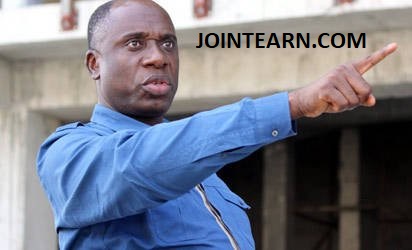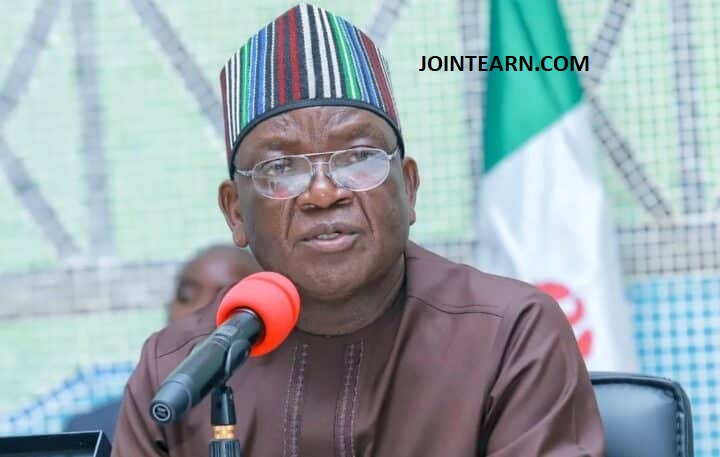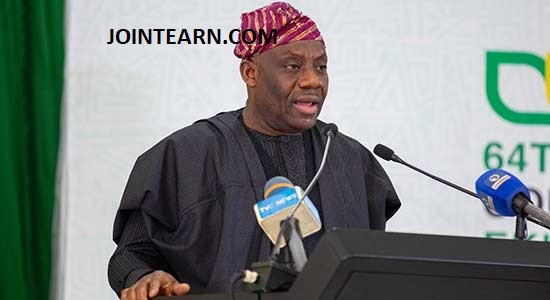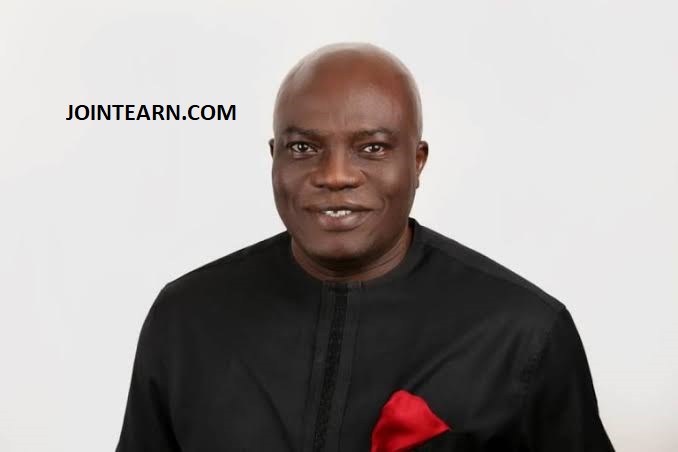Former Minister of Transportation and ex-governor of Rivers State, Rotimi Amaechi, has stirred fresh public debate following his recent remarks in which he described himself as a man uninterested in wealth and material possessions. Amaechi, who was speaking at a public event in Port Harcourt, Rivers State, declared that contrary to public perception, he is not driven by money and neither is his family living in opulence.
The former minister, who was a key figure in the administration of former President Muhammadu Buhari, used the occasion to address long-standing accusations of corruption and personal enrichment while in public office. He maintained that his lifestyle and personal choices prove otherwise, asserting that neither he nor his wife is driven by a desire for wealth.
“I don’t like money. I know people won’t believe me, but it is the truth. If I liked money, I wouldn’t be the way I am,” Amaechi said during the event, which included civil society leaders, party stakeholders, and journalists.
“My wife doesn’t even have a car. Go and ask her. People think we are living big, but we are not,” he added, drawing murmurs of surprise from the audience.
Defending His Legacy
Amaechi, who served two terms as Governor of Rivers State from 2007 to 2015 before being appointed Minister of Transportation, insisted that he has always prioritized public service over personal gain. He stated that he ran his government in both state and federal positions with discipline and transparency, rejecting the idea that he enriched himself during his tenure.
“People just assume that every politician is corrupt, but they forget that some of us came into politics to make a difference, not to make money. I can walk in public without fear because I know what I did. I left government without owing salaries or pensions. I served Nigeria with all my heart,” he said.
Amaechi emphasized that many who accuse him of corruption have never produced evidence, and that he remains proud of his record, particularly in the transportation sector where he oversaw the revitalization of Nigeria’s rail infrastructure.
Public Reaction and Controversy
Amaechi’s comments have since sparked mixed reactions across the country, especially on social media, where many users questioned the sincerity of his claims. Some viewed his statements as an attempt to launder his public image ahead of future political ambitions, while others sympathized with his message, describing it as a rare display of humility in Nigeria’s political class.
While critics point to his long years in power and access to public funds as reasons to be skeptical, supporters argue that Amaechi has never been formally indicted for corruption despite years of scrutiny and political rivalry.
Reacting to his claim, a Port Harcourt-based political analyst, Dr. Seinye Wokocha, said: “The issue isn’t whether Amaechi likes money or not—it is about public accountability. Nigerians want transparency, not just declarations of modesty. If he wants to convince people, he should go a step further and publish his assets.”
Amaechi’s Political Trajectory
Amaechi remains a prominent figure within the All Progressives Congress (APC). He contested in the party’s presidential primary in 2022 but lost to Bola Ahmed Tinubu, who later emerged as Nigeria’s President. Since then, Amaechi has maintained a relatively low profile, occasionally speaking on national issues but mostly avoiding the political spotlight.
With the 2027 elections still a few years away, some observers believe Amaechi may be positioning himself for another run at national office or a return to political leadership in Rivers State, which has remained a flashpoint of political tension since his departure.
His recent remarks, according to some analysts, may be part of a broader effort to reconnect with the public and redefine his political narrative as one of integrity and selflessness.
A Life of Simplicity or Political Strategy?
While Amaechi’s statement about his wife not owning a car was intended to underscore his claim to modest living, it has become a focal point of debate, with some seeing it as implausible for a family with such political reach.
Nevertheless, Amaechi insisted that he has never put his family ahead of the public interest. “I didn’t join politics for money. My family knows this. If I was after wealth, I would have done many things differently,” he said.
He added that leadership should be about service and not self-enrichment, calling on young Nigerians to reject the notion that public office is a ticket to personal wealth.
“Until we change the mindset that every politician is a thief, we won’t get the kind of leadership we need. Let us raise a generation of leaders who put the people first,” he concluded.
Whether seen as honest reflection or political maneuvering, Amaechi’s comments have once again placed him in the spotlight—this time, not for political ambition or policy achievements, but for a personal stance that challenges prevailing assumptions about the lifestyle of Nigeria’s political elite.












